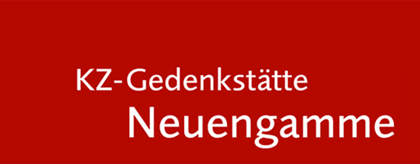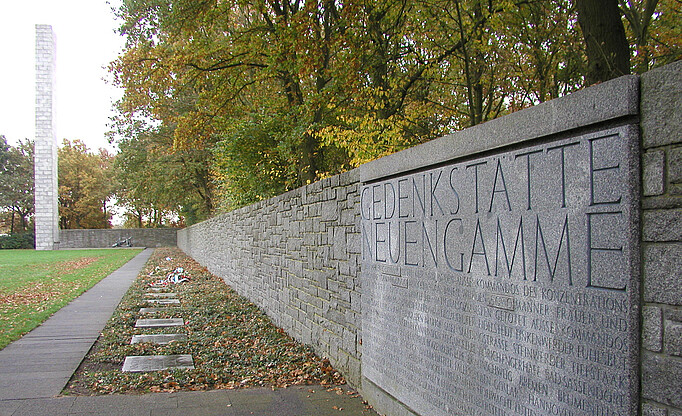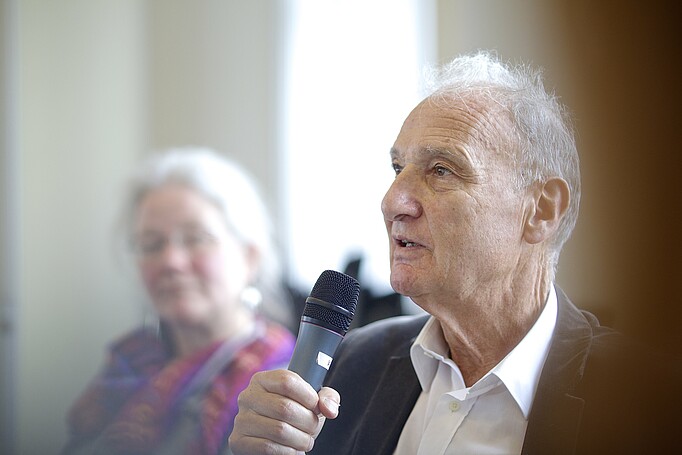10/17/2023 Conference, Report
"Shifts of Time": Report from the Colloquium on the Revision of the International Memorial at the Neuengamme Concentration Camp Memorial.
The "International Memorial" at the Neuengamme Concentration Camp Memorial is a protected monument that was erected in 1965 by the city of Hamburg through an initiative of the Amicale Internationale de Neuengamme (AIN). Part of the historic site are 22 memorial stones naming the countries of origin of the Neuengamme Concentration Camp prisoners. In the planned redesign of the memorial, one of the main goals is to take into consideration the changes of nation states overtime and to make victim groups who do not see themselves represented in the current site visible in an appropriate way. Read more





